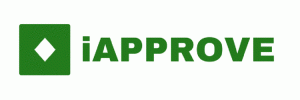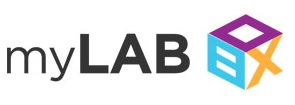
BOSTON—September 13, 2018—Almost 90% of college students spend anywhere from a few hours to a week searching for the best buy on their textbooks, according to a recent survey. Who has that kind of time?
Thanks to a simple new digital savings calculator, students using Cengage products can get some time back as they decide whether a new subscription service for textbooks and access codes is the right choice for them. To reveal their potential savings, students simply type in the ISBN for their products.
The subscription, called Cengage Unlimited, offers unlimited access to more than 20,000 digital course materials, including eBooks, online homework access codes and study guides. Students pay one price no matter how many materials they use. Cengage, the largest U.S.-based education and technology company serving the higher education market, provides course materials to 11 million of the 20 million students pursuing higher education.
A subscription to Cengage Unlimited, which is available directly from Cengage, online or at campus and off-campus bookstores, costs $119.99 a semester or $179.99 a year. Considering students spend, on average, about $500 annually (with some spending significantly more), the subscription can save students up to half of what they were paying and, in some cases, even more. Students may use financial aid to purchase a subscription.
“At Cengage, the days of spending hundreds of dollars on course materials each year are over,” said Michael Hansen, CEO, Cengage. “The old way just doesn’t work for students and that’s why we have opened up our catalog to offer unlimited access to quality learning at an affordable price. Subscription models deliver an easy way to access content that students are familiar with in their daily life. College is stressful enough – buying course materials should not add to that stress.”
Students using Cengage learning technology platforms, like MindTap or WebAssign, have the option of a print rental for $7.99 with free shipping. When the subscription ends, students retain reference access to their key course materials for the first year for free.
For more information about the new, all-access subscription service for course materials, or to purchase now, visit https://www.cengage.com/unlimited/.

About Cengage
Cengage is the education and technology company built for learners. As the largest US-based provider of teaching and learning materials for higher education, we offer valuable options at affordable price points. Our industry-leading initiatives include Cengage Unlimited, the first-of-its-kind all-access digital subscription service. We embrace innovation to create learning experiences that build confidence and momentum toward the future students want. Headquartered in Boston, Cengage also serves K-12, library and workforce training markets around the world. Visit us at www.cengage.com or find us on Facebook or Twitter.
###
Media Contact
Lindsay Stanley
Cengage
203-965-8634
lindsay.stanley@cengage.com












